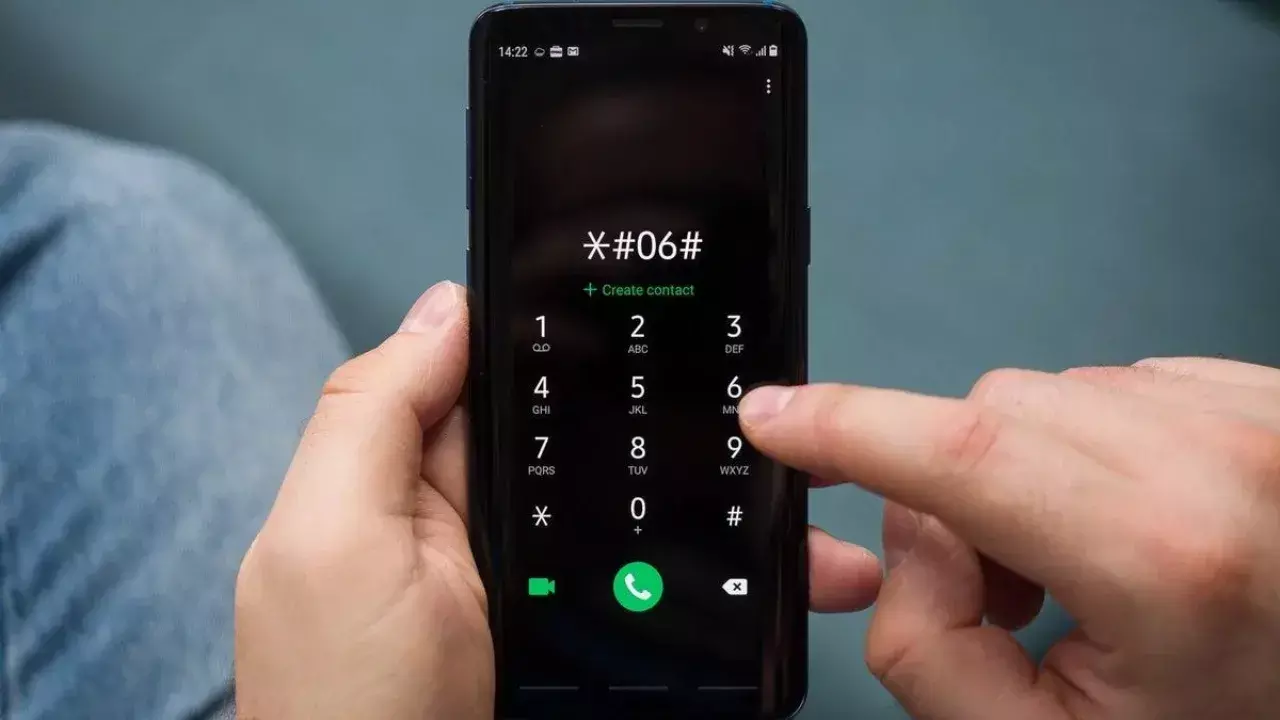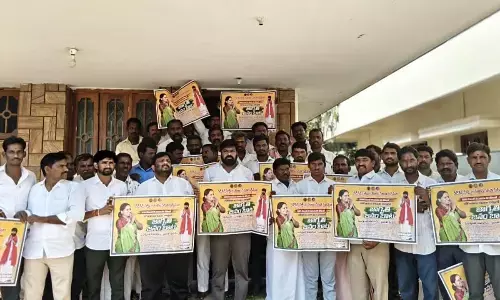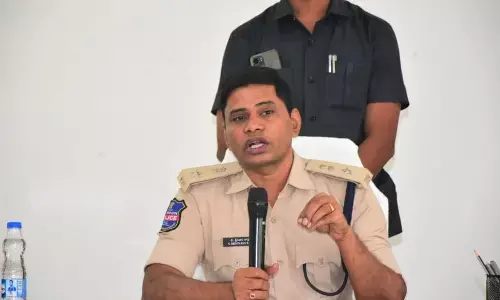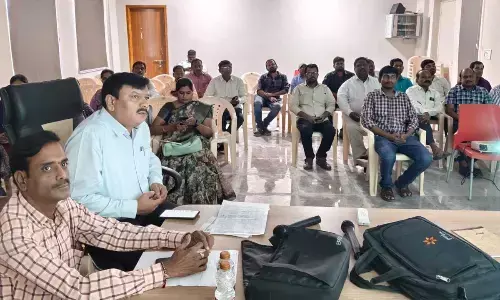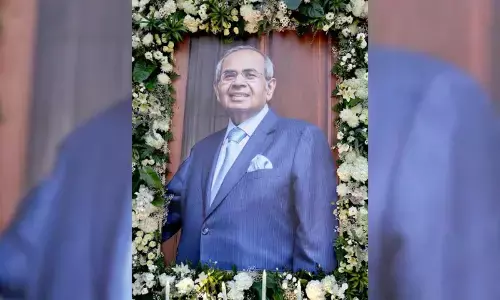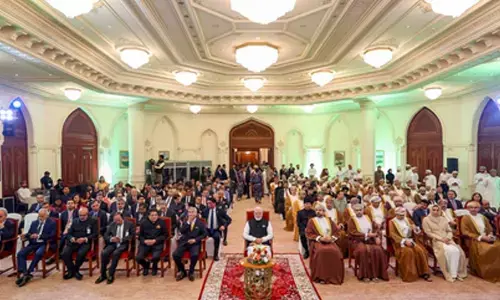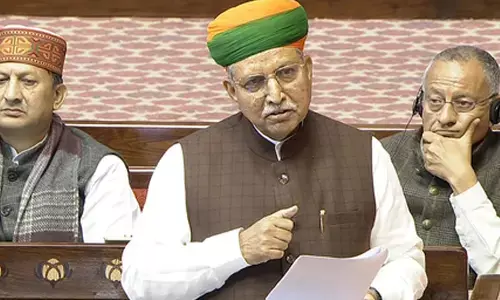Supreme Court Considers Voting Transparency: Challenges Of Reverting To Paper Ballots Examined
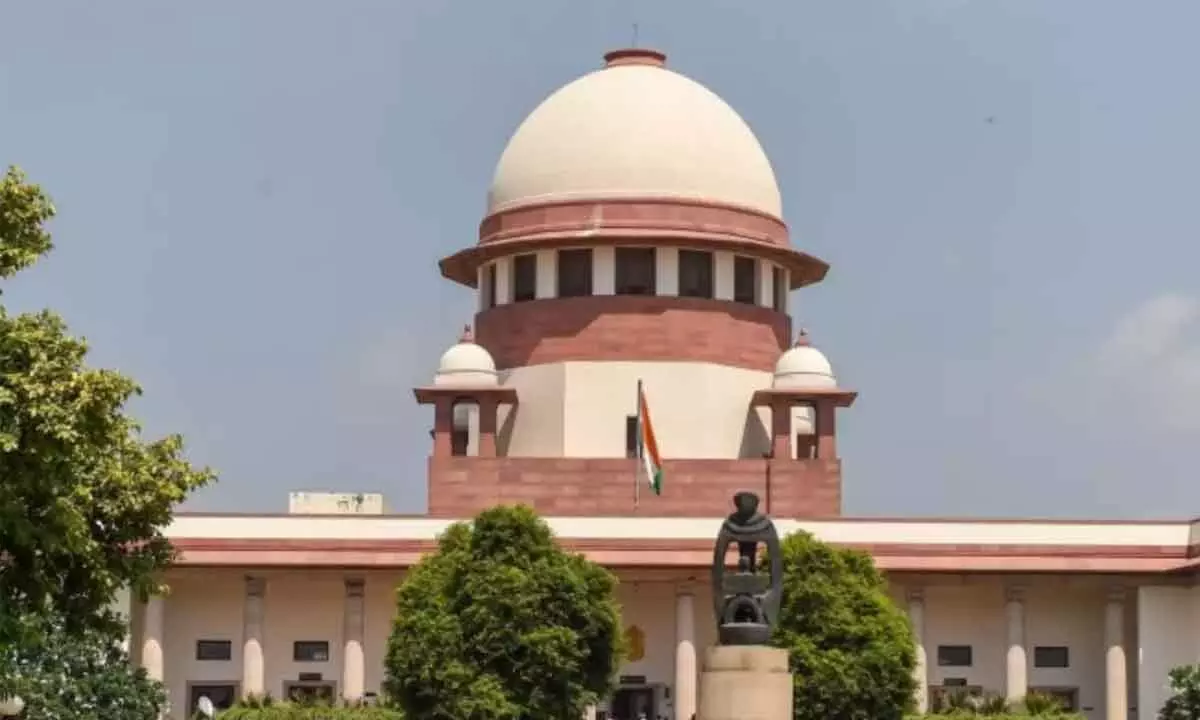
- Read about the Supreme Court's discussions on voting transparency, as it examines proposals for cross-verification of votes with Voter Verifiable Paper Audit Trail (VVPAT)
- Explore the challenges associated with reverting to paper ballots and the efforts to ensure voter confidence in the electoral process.
In a session addressing multiple petitions advocating for cross-verification of votes with Voter Verifiable Paper Audit Trail (VVPAT), the Supreme Court on Tuesday highlighted challenges associated with reverting to paper ballots for general elections.
The bench, led by Justices Sanjiv Khanna and Dipankar Datta, presided over the proceedings, with senior advocate Prashant Bhushan representing the Association for Democratic Reforms (ADR) and proposing three transparency-enhancing measures for voting procedures.
Bhushan's suggestions included a return to paper ballots, making the VVPAT glass transparent, or providing VVPAT slips to voters for insertion into the ballot box after casting their votes.
A VVPAT unit typically produces a paper slip visible to the voter for a brief duration before being stored in a sealed drop box.
Justice Sanjiv Khanna responded to Bhushan's proposal, recalling past experiences with paper ballots, expressing skepticism about the feasibility of such a reversion.
Meanwhile, ADR, one of the petitioners, urged the court to direct the Election Commission and the Union government to ensure voters' ability to verify that their votes are accurately recorded through VVPATs.
The plea emphasized the necessity for voters to confirm that their votes are "counted as recorded," a crucial aspect of voter verifiability. It highlighted the absence of a specific procedure for voters to verify this, despite the display of VVPAT slips for a limited time after pressing the EVM button.
The plea underscored the Election Commission's failure to establish a mechanism for voters to ascertain whether their votes are accurately counted, contravening the court's directives in previous cases.
The matter is set for further deliberation on Thursday as the court continues to address the complexities surrounding voting procedures and transparency in elections.








